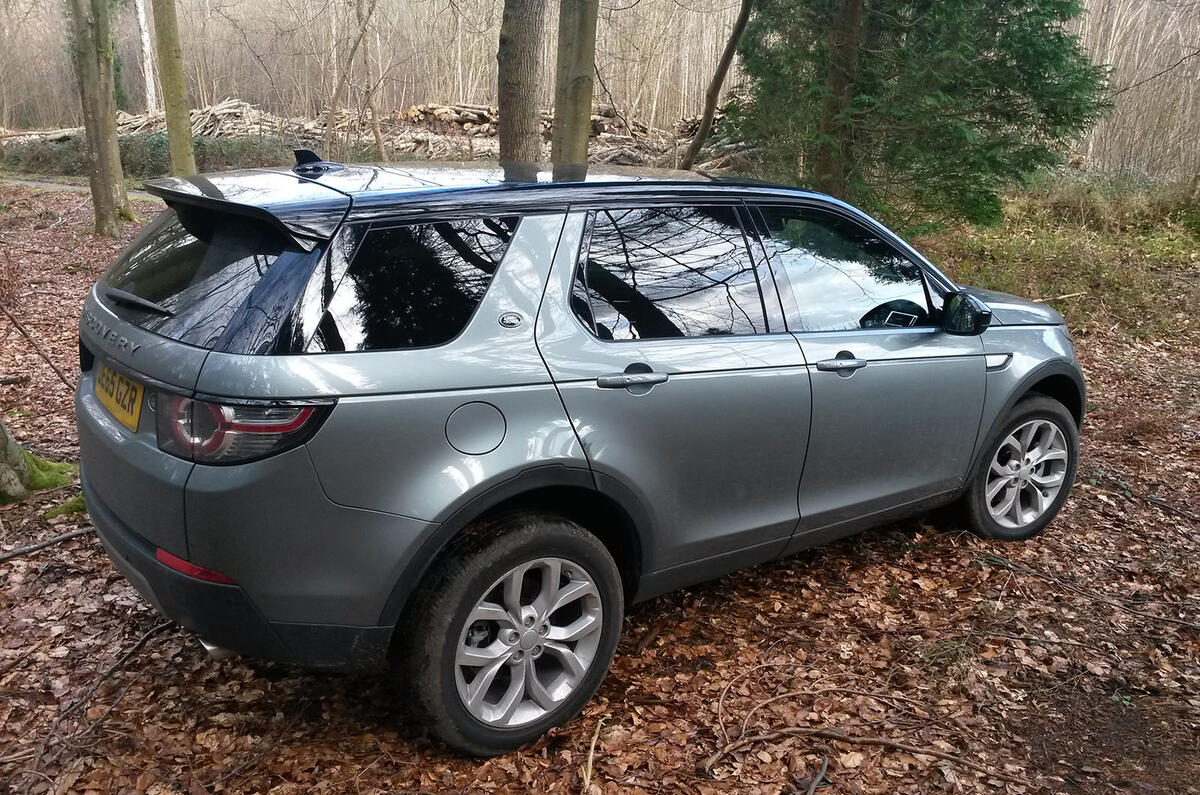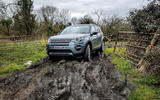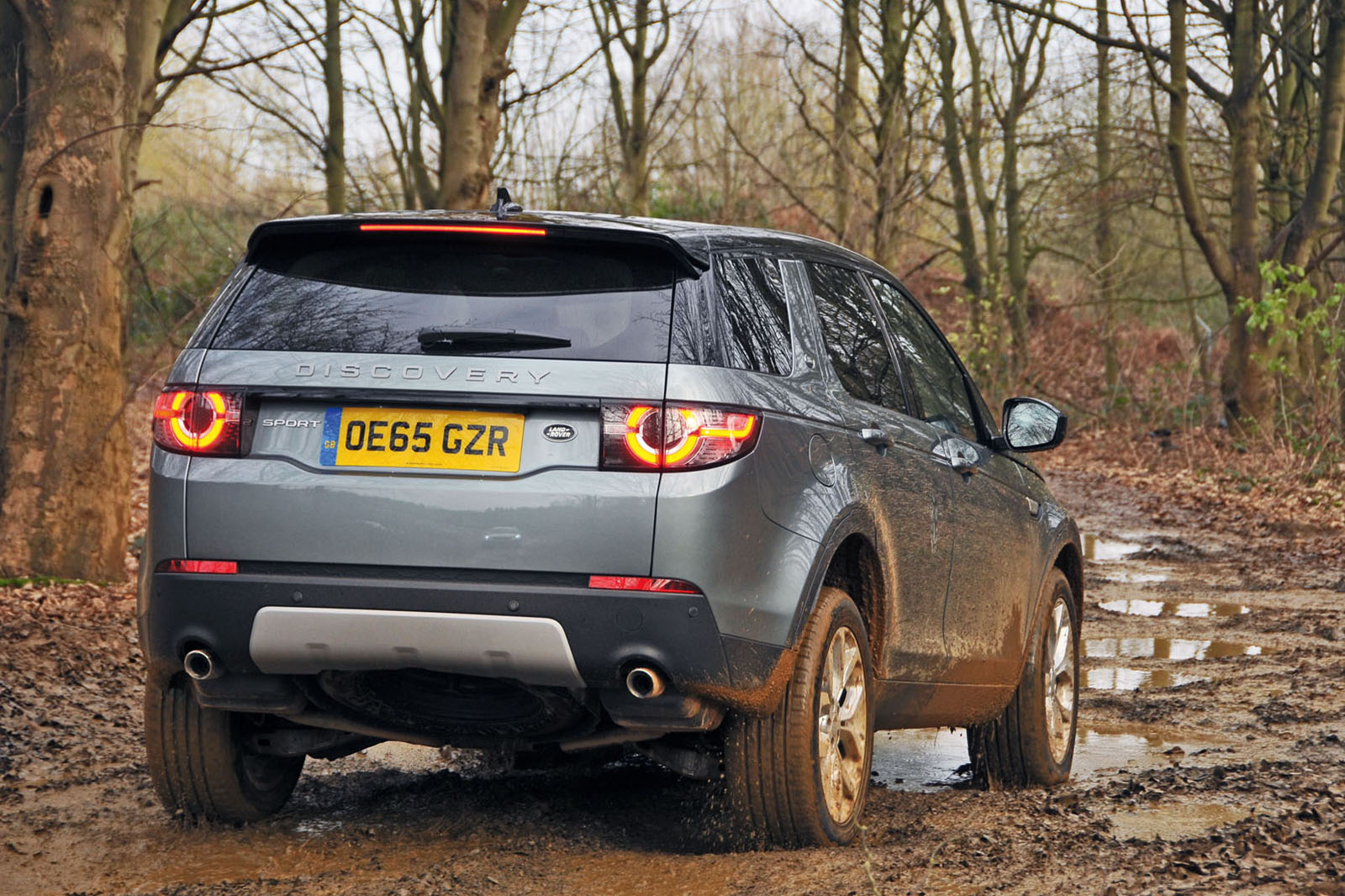The cheapest Land Rover has been no stick-in-the-mud during its time with us. In fact, it has impressed all who drove it.
During the past couple of years, we’ve run a number of practical, useful SUVs that have dealt admirably with the stuff that everyday life has thrown at them. The Hyundai Tucson and Kia Sportage spring to mind. But I feel confident in saying that none of them has been as versatile, or as universally adored, as the Land Rover Discovery Sport.
Now-departed production editor Mel Falconer summed up the car’s value best when, having borrowed it for a trip to France, she likened it to a star quarterback that the rest of the team turns to when they want a long-distance play. The Discovery Sport swiftly gained a reputation as the go-to vehicle for any journey, with or without family and friends in tow, not only because it was spacious and could seat seven but also because it was really, really good to drive and an exceptionally comfortable long-haul tourer.

At 4.6m long, the Discovery Sport is a ‘Goldilocks’ size: not too big and not too small. It’s compact enough 
to be easy to park and manoeuvre anywhere, aided by quick steering that makes it feel agile, yet it also manages to provide seven very usable seats and a terrific amount of flexible space for occupants and cargo. It’s a clever bit of packaging.
One of the main points of interest from the outset was how much of a difference Jaguar Land Rover’s new 2.0-litre diesel engine, developed in-house, would make in terms of performance, refinement and fuel economy compared with the old 2.2-litre Ford engine with which 
the Discovery Sport was launched. Certainly, a claimed average of 53.3mpg and CO2 output of 139g/km made it look reasonably competitive on paper against premium rivals.




























































Join the debate
Add your comment
In defence of Ingenium engine
I seem to recall that a previously run, long term Hyundai Tuscon was criticised for only achieving an average of 37mpg and that was most likely with a manual gearbox. The 33mpg average for the Discovery Sports therefore probably reflects the type of driving the vehicle has been subjected to. I have the same engine in an F-Pace and have easily achieved 40mpg overall on mainly short rural journeys. 46 to 50mpg is regularly obtained on longer journeys. I find the ingenium engine to be smooth and free revving for a diesel and inaudible for most of the time. The only criticism I have is a whirring sound at low speed and low gears, something not apparent when fitted in the Discovery Sport.
Given that the ingenium is Jaguar's first home built diesel engine. I consider that they have done a pretty good job, I also suspect that they will hewn and refine the engine further over the next couple of years. Mercedes and Audi still offer grumbly diesels and they have been making them for considerably longer
Rip-off Britain
Report highlights one of my gripes in today’s cars. £287 for a steel space saver wheel and jack, they probably take back the more expensive electric pump so effectively making a profit of £350 on the sale of an essential extra!
Compared to Golf R?